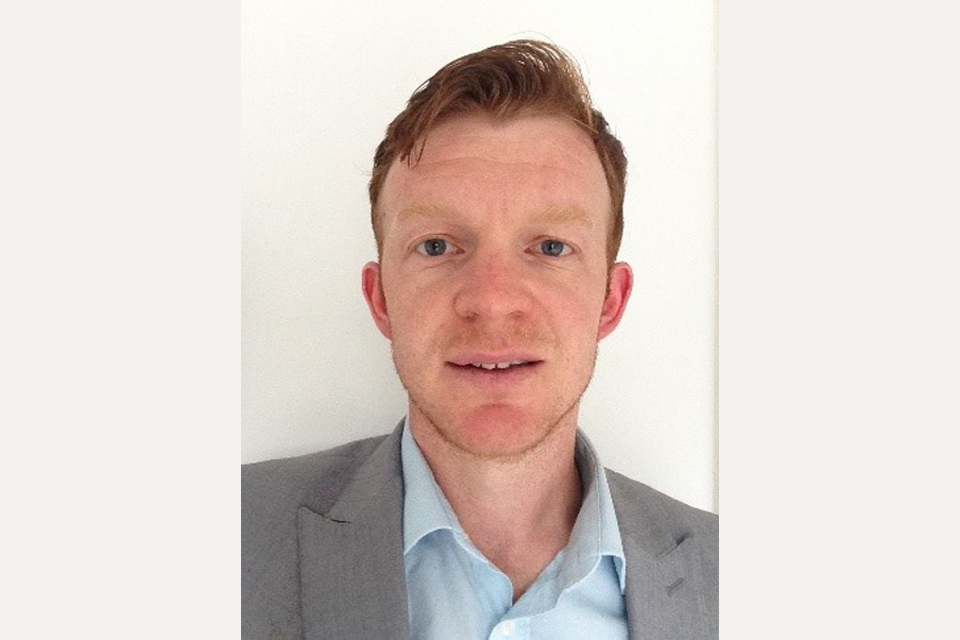Career story: Jonathan Tecwyn

Jonathan Tecwyn is the Revenue Forecasting and Cost Pressures Team Lead at the Department for Education. Jonathan is a Grade 7 a member of the Government Operational Research Service (GORS).
When did you join the Civil Service and what was your job?
Way back in September 2009 I joined the Home Office in the (almost brand new) 2 Marsham Street building. I worked on a systems thinking / systems dynamics project looking at how the different parts of Home Office business interact (e.g. migration, courts, crime, policing… etc). This was shortly after the Home Office had been declared by new Secretary of State John Reid as “not fit for purpose” due to issues with (not) accounting for thousands of Foreign National Prisoners. This prompted the birth of a systems project to better join things up.
It was an interesting role in which I learnt how to do system dynamics, use soft systems techniques, and understand a bit more about a big and complex department. We struggled for traction though as time went on as it was difficult to build such a complex model with so many data mismatches etc. So I moved onto working on Police Pay and Conditions.
What do you do in your current role and when did you move into this? What inspired you to move into the role?
I started in DfE in June 2017, and enjoy my role so much that I have had the same job since then. I was attracted to the department due to the importance of the cause (I have second-hand experience being married to a teacher) and its high priority nature. I manage a very skilled team who forecast how much cash we need for different parts of the school system (we directly forecast around £10bn p/a).
We deliver big-scale, planned model updates as well as providing quick-turnaround analysis for policy development. Our priorities vary from preparing for spending review and business planning analysis to analysing the real cost pressures that schools face. We also work on teacher pay/pensions grants. We do most of our work in Excel, R and SQL.
What do you enjoy about your role?
Lots! There’s a great variety with:
- types of work (ranging from the “rough-and-ready” analysis to the 6-month projects)
- areas of schools policy we cut across (from free school meals to teacher pensions)
- a breadth of talented and diverse colleagues we get to work with
I feel that the work we do is (by and large) really important in policy development.
What are you proud of about yourself or your role or department?
I am proud of many things we do in DfE. Firstly, I think we are a department that genuinely champions diversity and recognises difference. Secondly, I think we’re a very forward-looking department in terms of ways of working (Skype, MS Teams etc) and the technologies we have across the analytical community (e.g. remote desktops, access to loads of great software). Thirdly, I love the geographical diversity – part of the pull of DfE was that it would allow me to move out of London (which I did in July 2019 having lived in London for 10yrs). Fourthly, I feel the department has a very supportive analytical community – I can reach out on Teams or Slack and will almost certainly receive a barrage of helpful suggestions.
Finally, I genuinely feel that corporate activities are encouraged and recognised across DfE, as are learning and development opportunities (I’m currently studying a part time MSc which I have been well supported with).
If someone was looking to work in your area, what advice would you give them? What skills do you think they need?
- The ability to build and maintain strong working relationships with the customers of your work – as well as looking to see how you can reach further to make a broader impact.
- The ability to grasp challenging/technical concepts and explain these to diverse audiences.
- Technical skills – in particular, SQL, R and Excel, as well as the ability to conduct uncertainty analysis (and explain it!)
- A desire to improve, and to both learn from and help to develop others.
